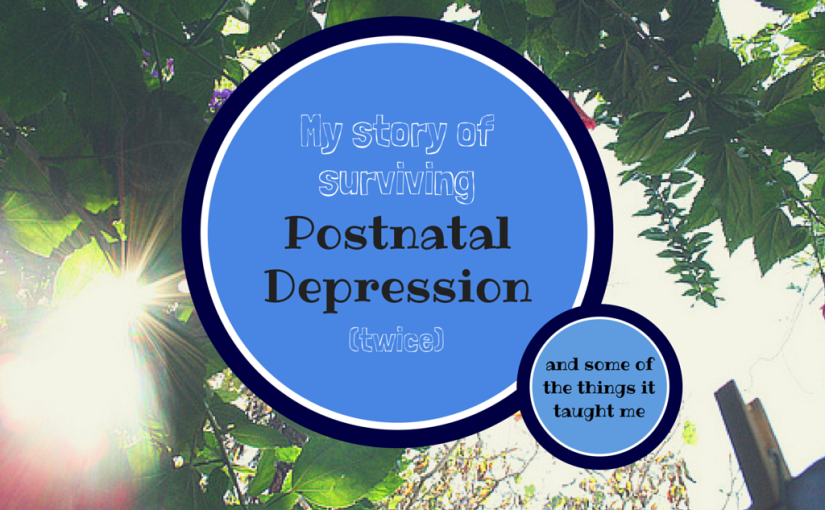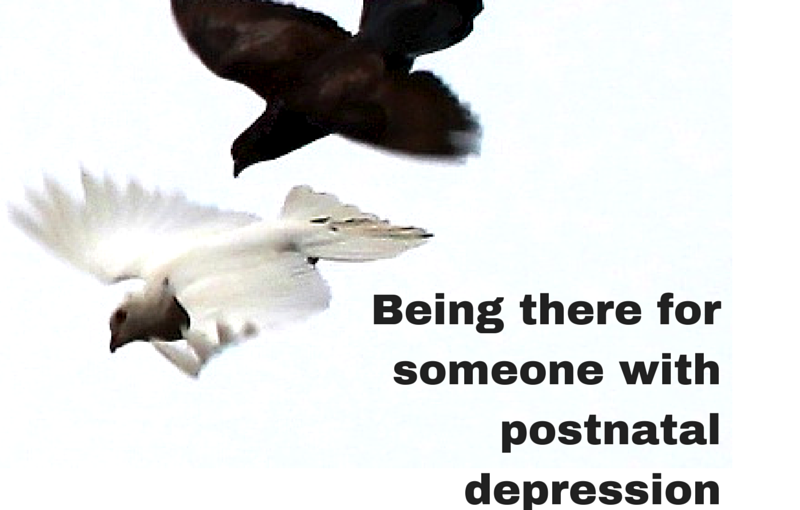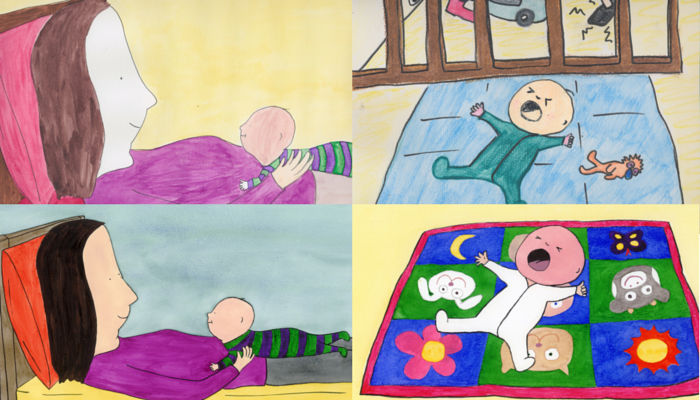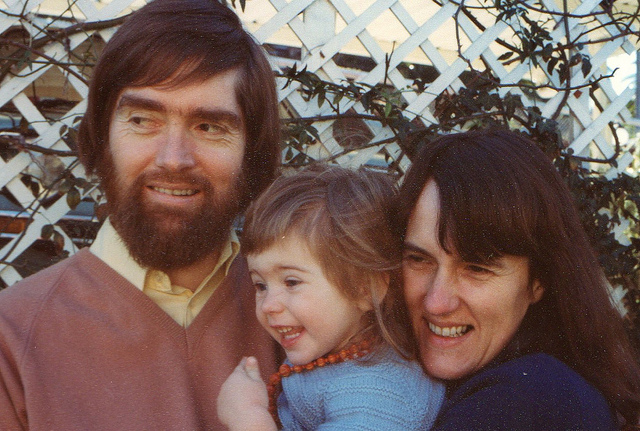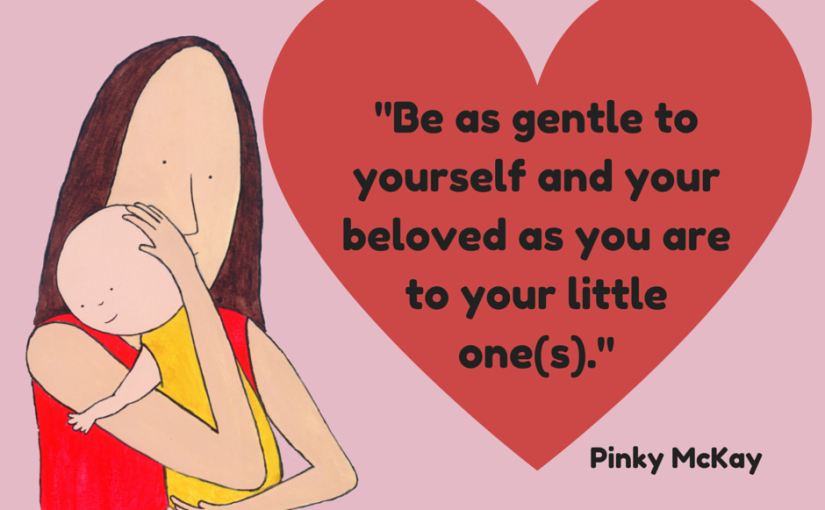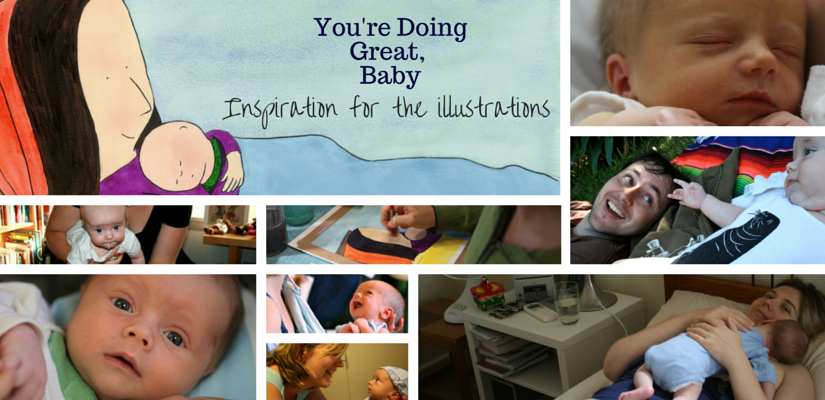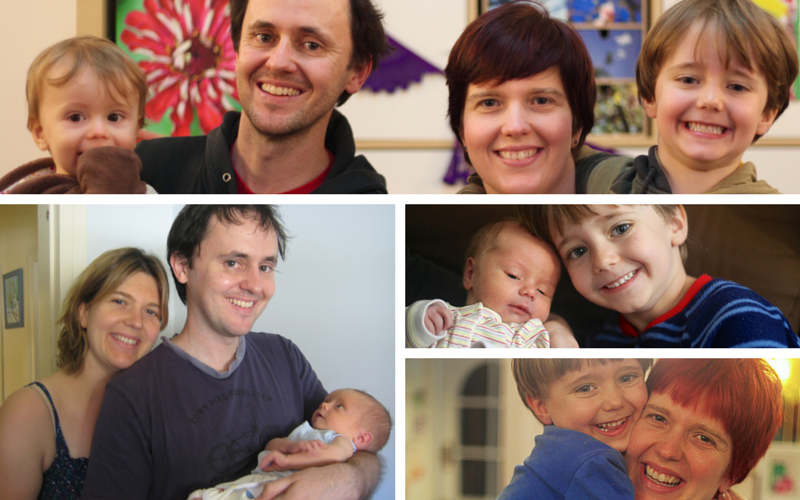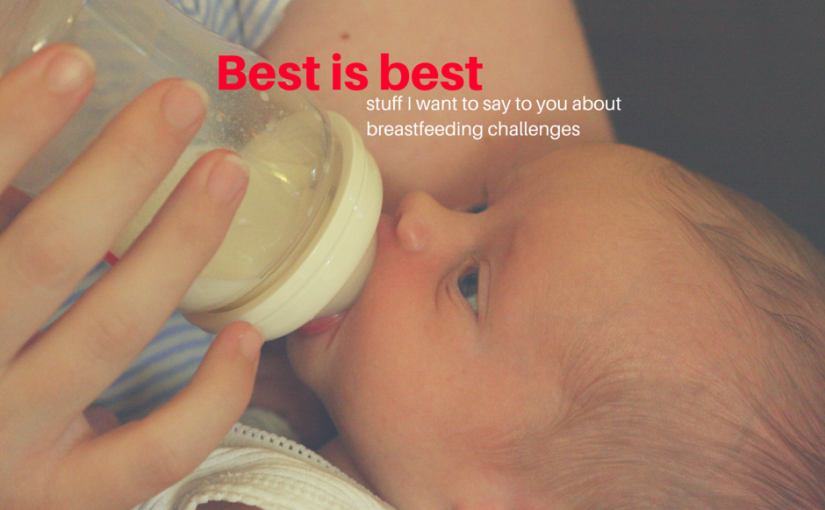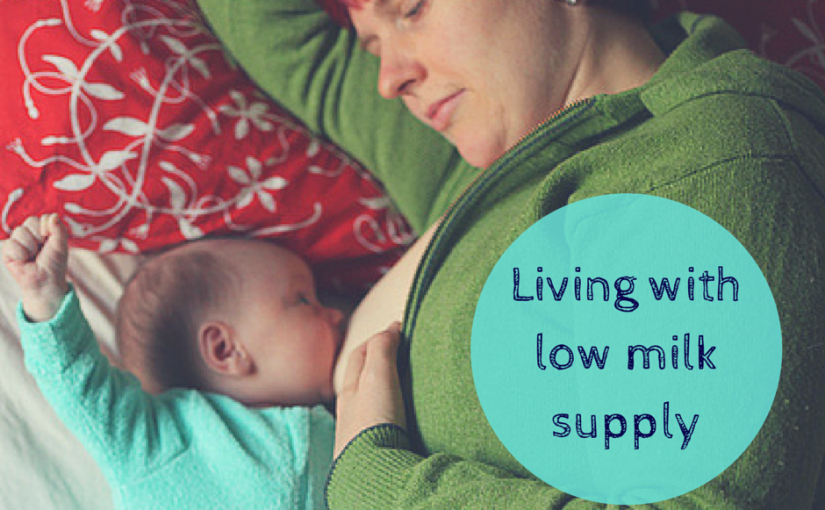 It’s been a really big deal for me to ‘come out’ as having suffered from mental illness after the birth of my children (yes, I had issues both times). I am writing about my own experience because I found it really helpful to read about other people’s stories when I was recovering, and because a big part of who I am is that I survived two bouts of postnatal depression (later diagnosed as mild postnatal psychosis).
It’s been a really big deal for me to ‘come out’ as having suffered from mental illness after the birth of my children (yes, I had issues both times). I am writing about my own experience because I found it really helpful to read about other people’s stories when I was recovering, and because a big part of who I am is that I survived two bouts of postnatal depression (later diagnosed as mild postnatal psychosis).
I am also sharing my story because the challenges we’ve been through explain why we are passionate about this project. We have seen first-hand how tender those first few months are and would like to tell parents who are giving themselves a hard time that they are doing great.
You’re Doing Great, Baby is not just for people with postnatal depression. It’s for anyone who has found the learning curve of being a new parent challenging. For people who are tired and have good days and bad days – which is most parents I think.
People who suffer from mental illness often suffer two-fold: once in experiencing the issues and all the ramifications this has on your life, job and relationships, and then again in the shame of keeping it secret. I am not ashamed anymore. Or at least I’m getting there with not being ashamed. It’s a work in progress.
My darkest times were in the first ten weeks after having my first son, Leo. I became convinced I was a total failure as a mother and that Jeff and Leo would be better off without me. I felt unsafe in my own skin. So anxious I couldn’t sleep, watch television or carry out a conversation. So depressed that I couldn’t taste food or see colours. I was paranoid about my caregivers and felt like I was going crazy. Getting up each morning seemed impossible but somehow I did, and I put on a brave face for Leo – crying only while he slept. The thing that kept me going was my love for Leo and Jeff. I couldn’t figure out a way of not being around anymore that wouldn’t scar Leo for life. After ten weeks of suffering in silence – ashamed of what I was feeling at a time that was meant to be the happiest of my life – I told my Mum what I was going through and she made sure I got the help I needed.
 If you’re curious about what helped me recover, it was first and foremost a mixture of medication, therapy and support from Jeff, my parents and understanding friends. I was helped along by exercise, diet and sleep (once my own depression-related insomnia was gone, getting up to a hungry baby was much easier).
If you’re curious about what helped me recover, it was first and foremost a mixture of medication, therapy and support from Jeff, my parents and understanding friends. I was helped along by exercise, diet and sleep (once my own depression-related insomnia was gone, getting up to a hungry baby was much easier).
